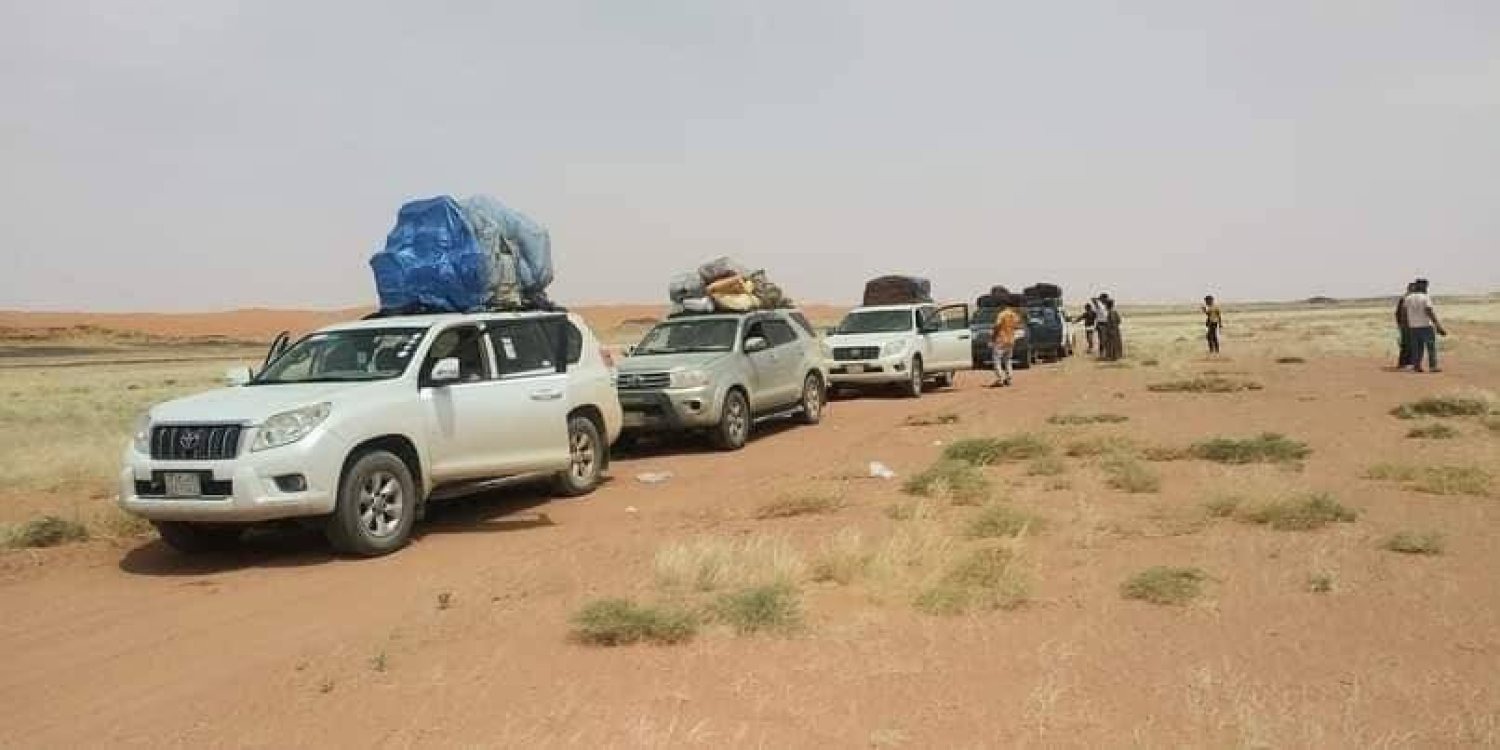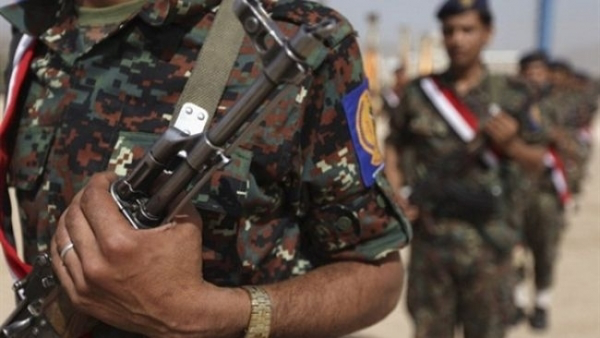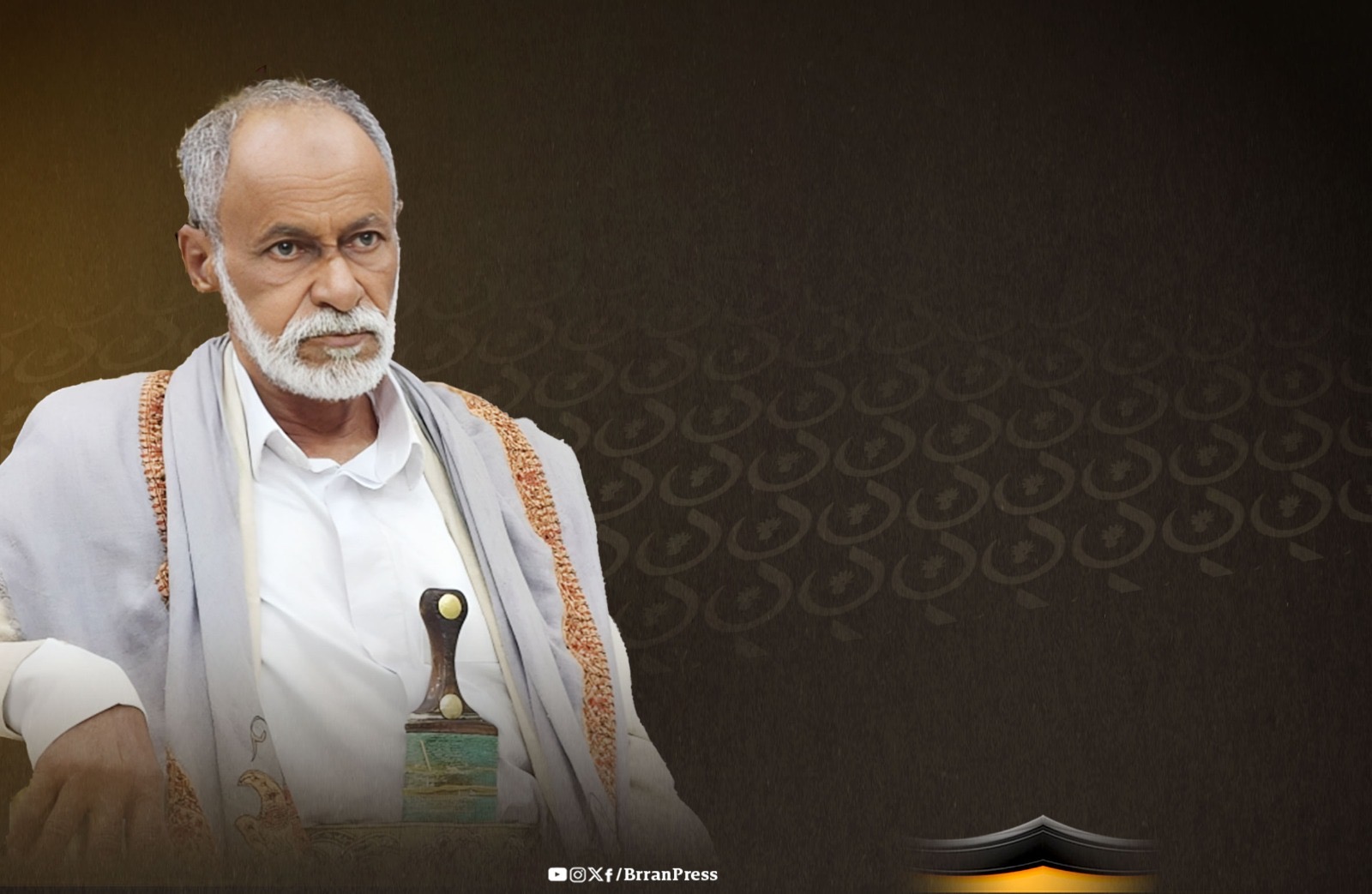
The local authorities in Marib Governorate announced on May 11th that all roads leading in and out of the province have been open since February 22nd, 2024. This comes in response to the Houthi rebel group's recent declaration of opening the "Al-Bayda - Al-Jubah - Marib" road, nearly 3 months after the initiative by Major General Sultan Al-Arada of the Presidential Leadership Council to facilitate road access.
Marib authorities expressed surprise at the Houthis' delay in engaging with the road-opening initiative, despite its critical importance for travelers and public welfare. They reaffirmed that the freedom of movement on all roads is an inherent right of Yemeni citizens across governorates.
On February 22nd, Al-Arada announced the opening of the road linking Marib and Sana'a through "Fardhat Nihm" from one side, calling on the Houthis to reciprocate and depoliticize the issue of road access. However, the Houthi group's delayed response to this initiative has drawn criticism from the local authorities in Marib.
The announcement by Marib's authorities underscores the importance of restoring connectivity and freedom of movement for the people of Yemen, who have endured the consequences of the ongoing conflict. The contrast between the local government's actions and the Houthis' hesitance highlights the continued challenges in achieving a comprehensive resolution to the country's transportation and infrastructure issues.
Marib Roads Reopened, but Houthis Accused of Evasion
Major General Sultan Al-Arada, a member of the Presidential Leadership Council, announced an initiative in February 2024 to open roads in Marib, stating "From our side, we do not see any harm resulting from the citizens' crossing through the roads." The authorities expressed readiness to open additional routes, including Marib-Al-Bayda-Sana'a and Marib-Sirwah-Sana'a, hoping the Houthi rebels would reciprocate an initiative primarily aimed at alleviating the suffering of Yemeni civilians.
While Al-Arada's move was widely welcomed, the Houthi group was accused of evading the initiative and instead announcing the opening of secondary roads in the besieged Taiz province. Three months later, the Houthis declared the opening of the Marib-Al-Bayda road, raising questions about their motives. Local and military sources indicate this route passes through active conflict zones and is extensively mined, in contrast to the shorter and safer Fardha Nahm road proposed by Al-Arada.
Experts are puzzled by the Houthis' delay in responding and their decision to open the longer, more hazardous Al-Bayda road while rejecting the Fardha route. Analysts believe the Houthis' announcement may be a publicity stunt, rather than a genuine effort to ease the public's hardship. "Barran Press" spoke with researchers to shed light on the group's intentions behind this maneuver.
Military Necessity and a Rallying Point
Yemeni researcher Abdul Salam Mohammed, head of the Ab’ad Center for Strategic Studies, has accused the Houthi rebel group of prioritizing military objectives over political solutions when it comes to the issue of reopening roads in the Marib governorate.
According to Mohammed, the Houthis' goal in Marib is to "gain control over the oil and gas fields in Safir," which they could then leverage for future peace negotiations. However, the researcher believes it is "impossible for the Houthis to accept an initiative" like the one proposed by Major General Sultan Al-Arada, which aims for "political solution, stability, and ending the war."
Mohammed told "Barran Press" that the Houthis, as "an armed group, not a peace group," are more interested in pursuing their "military interests" than engaging with initiatives that could push them towards a political resolution of the conflict. He pointed to the group's three-month delay in responding to Al-Arada's road-opening proposal, stating that they are "dealing with it as they see fit."
The analyst suggested that the Houthis' recent announcement of opening the Al-Bayda Road is not a genuine political move, but rather "effectively opening a rallying point for military operations." He believes the group intends to "return to Harib and Balhaf in Shabwa," using the road opening as a cover for their military agenda.
A publicity stunt, Not to Ease Suffering
In an interview with "Barran Press," military expert Dr. Ali al-Dhahab discussed the Houthi rebel group's approach to reopening roads in Yemen, accusing them of prioritizing military and security calculations over the needs of the Yemeni people.
According to al-Dhahab, the Houthis' goal in opening secondary roads that do little to alleviate the suffering of travelers is "to achieve media resonance only." He explained that as long as the group maintains control over the strategic al-Fardha highlands near the Maas camp, their "intransigence in refusing to open this road stems from their fear and cowardice" based on their own security and military assessments.
The military analyst told "Barran Press" that the Houthis are "in fact cowards" and have opted to open other roads that are "secondary and devoid of fears," allowing them to generate media attention without actually addressing the core issue of improving civilian mobility.
Al-Dhahab stated that the al-Fardha road is the "main road" that should be opened under the terms of the ongoing truce, which calls for consultations on road openings in Marib, Taiz, and other areas. However, he accused the Houthis of approaching the road issue through a lens of "military and security calculations" rather than prioritizing it as a "fundamental right for the citizen."
The expert warned that the Houthis' efforts to either open roads that provide little practical benefit or carve out secondary sandy routes under their influence suggest they "aspire to obtain security and military gains from the issue of roads more than being a fundamental right for the citizen that guarantees his movement in peace and security and creates trade exchange between government areas and group areas."
Houthis Evade Responsibility
Sana'a, Yemen - Hussein Al-Soufi, the head of the Al-Bilad Center for Studies, has accused the Houthi rebel group of disrupting previous agreements and evading their responsibilities regarding the opening of roads in Yemen.
In a statement to "Barran Press," Al-Soufi noted that the issue of road openings has been a key agenda item in all rounds of consultations, from Geneva to Stockholm, where it was agreed to address the files of the kidnapped, prison releases, lifting the siege on Taiz, and opening Sana'a airport. However, he said the "Houthi procrastination disrupted the agreements and evaded the most important humanitarian issues, including the exchange file, lifting the siege on Taiz, and opening roads."
According to Al-Soufi, after the Houthis gained control of Al-Jawf, Nihm, and the Al-Bayda road, travelers were forced to take a dangerous route through the Al-Jawf desert, known as the "Death Triangle." This prompted a popular campaign called "Open the Roads," to which Major General Sultan Al-Arada responded with an initiative to open the Marib-Al-Jawf intersection.
Al-Soufi argued that if the Houthis had cooperated, the journey that now takes 10 hours through the desert could have been reduced to just 15 minutes. However, he accused the group of evading and manipulating the situation.
The analyst believes the Houthis' recent declaration of opening the already open Al-Bayda road is "an attempt to deceive and a foolish and ridiculous escape, the purpose of which is to make a promotional point that does not serve travelers at all." He suggested that such a move would be met with "ridicule and contempt" by Yemenis, as it is a "shallow promotional display and an evasion of alleviating the suffering of Yemenis."
Al-Soufi concluded that Al-Arada's initiative had exposed the " mask" the Houthis thought was concealing their "crimes against Yemenis," leaving them cornered and trying to circumvent the predicament they find themselves in.





